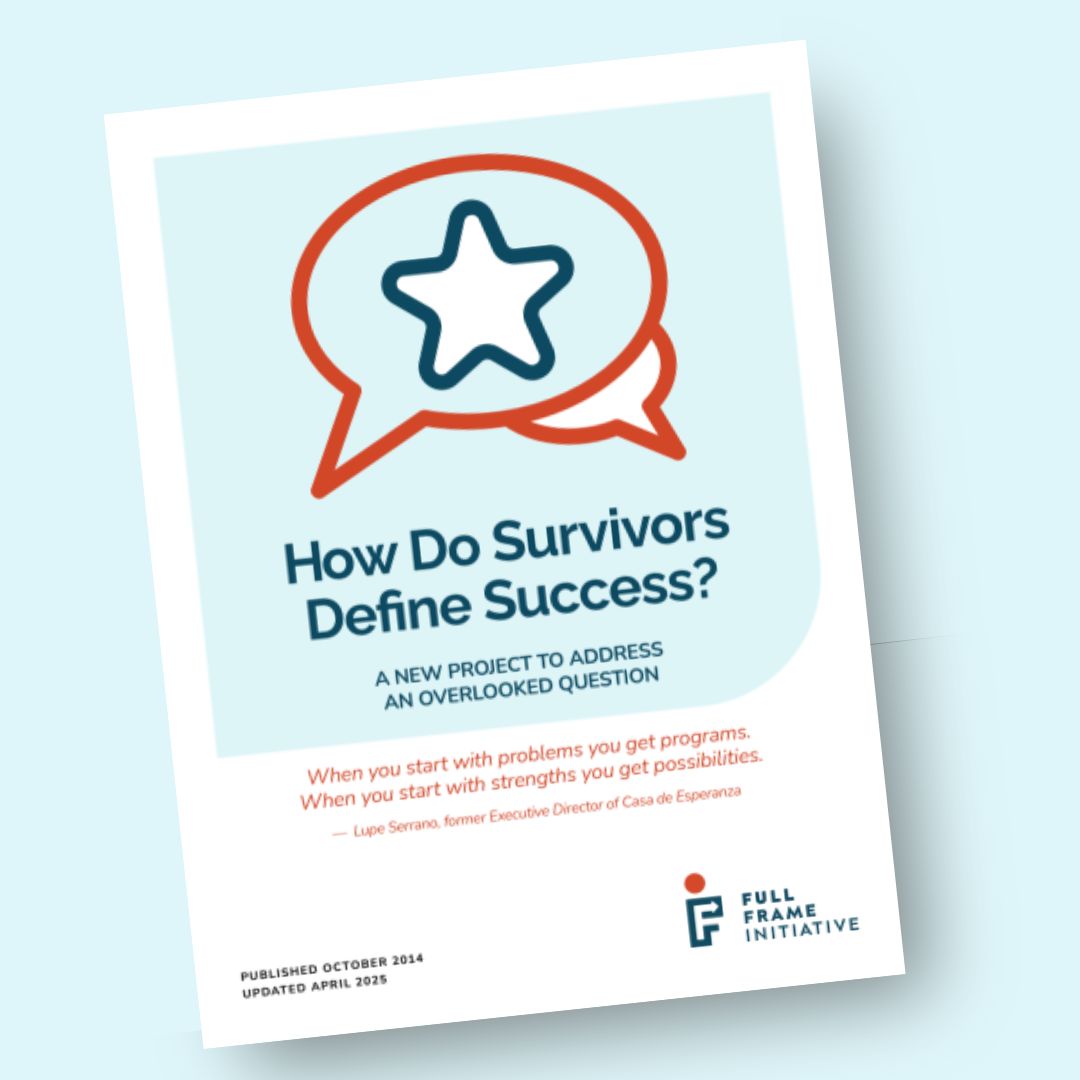
Policymakers, funders and organizations focus on survivors' safety to evaluate the effectiveness of domestic violence programs. We asked survivors how they define success and found a different answer.
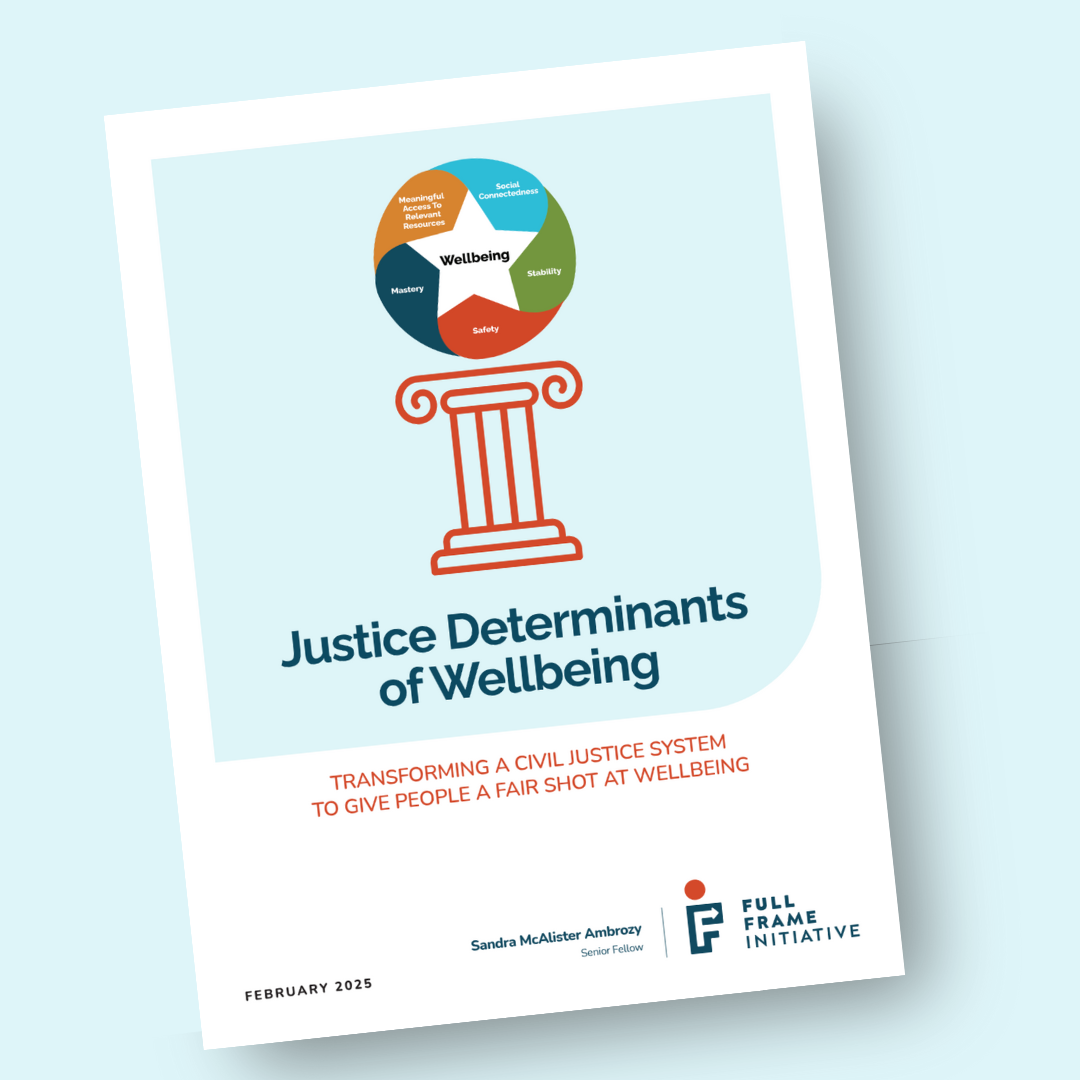
The Justice Determinants of Wellbeing outlines concrete changes to transform the civil legal system into a civic justice system that advances equity and centers wellbeing.
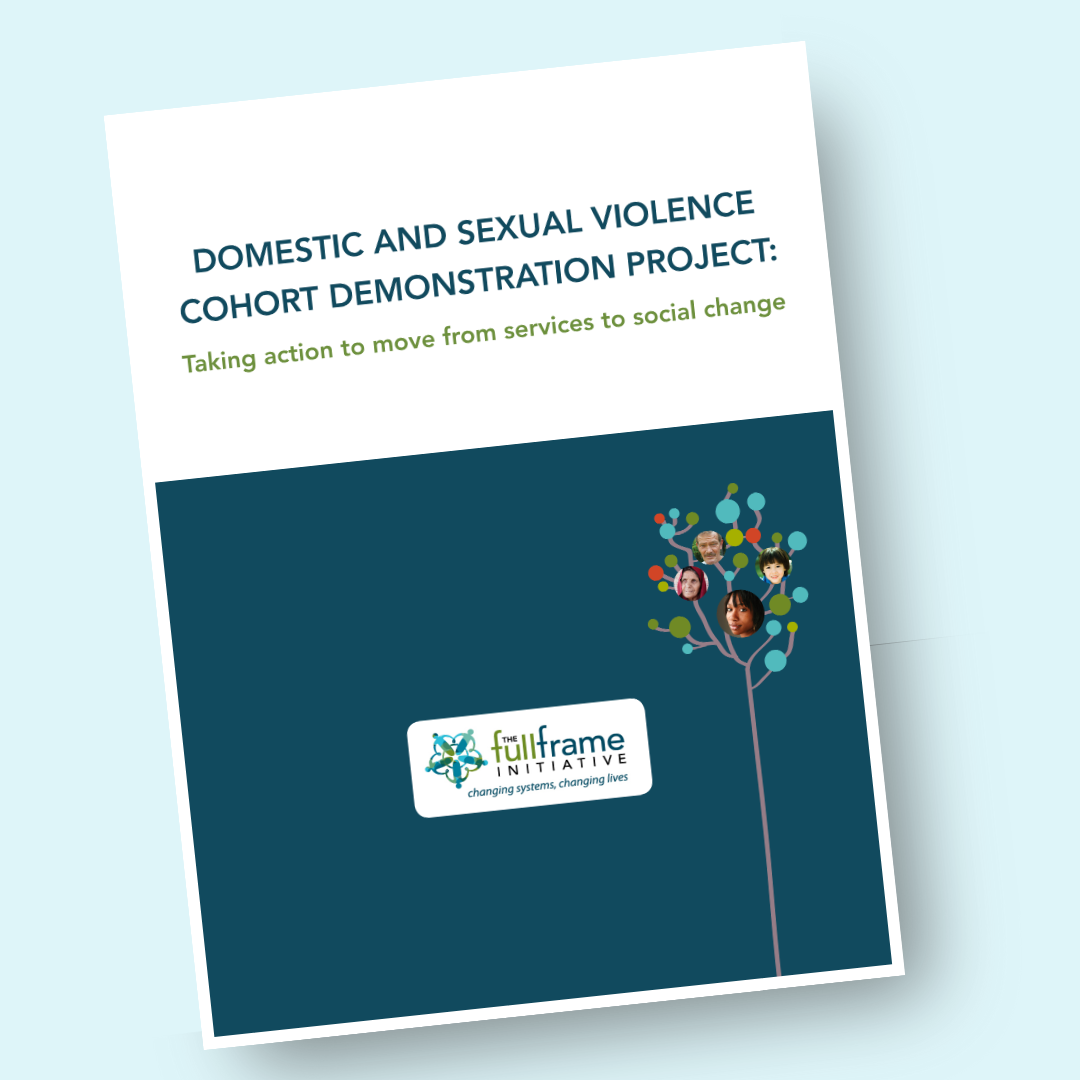
FFI convened a cohort of domestic and sexual violence programs and the group reported on their experiences and recommendations for shifting the field.
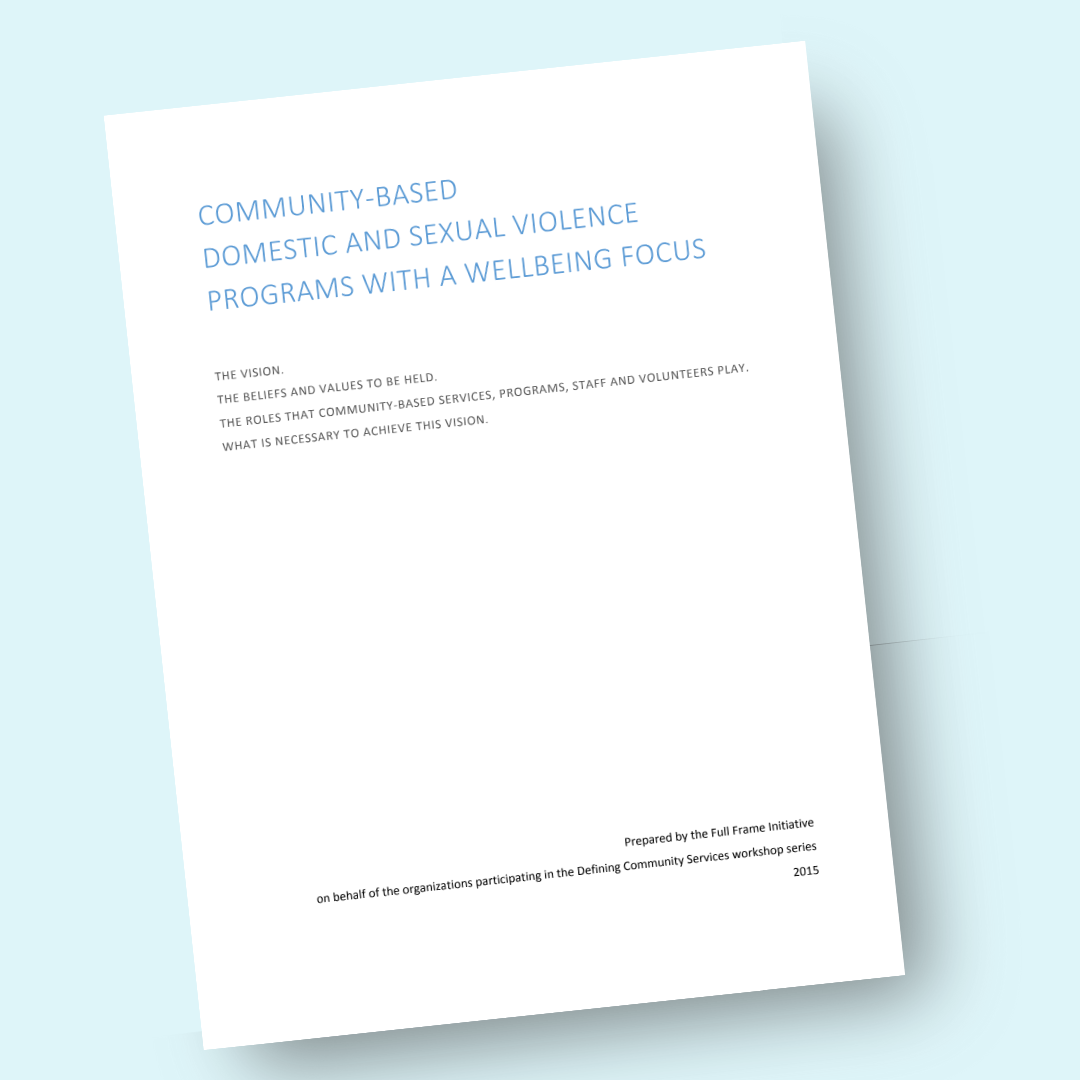
This resource is the result of the convening of 13 domestic violence and sexual assault organizations in Massachusetts to add a wellbeing focus to community-based services.
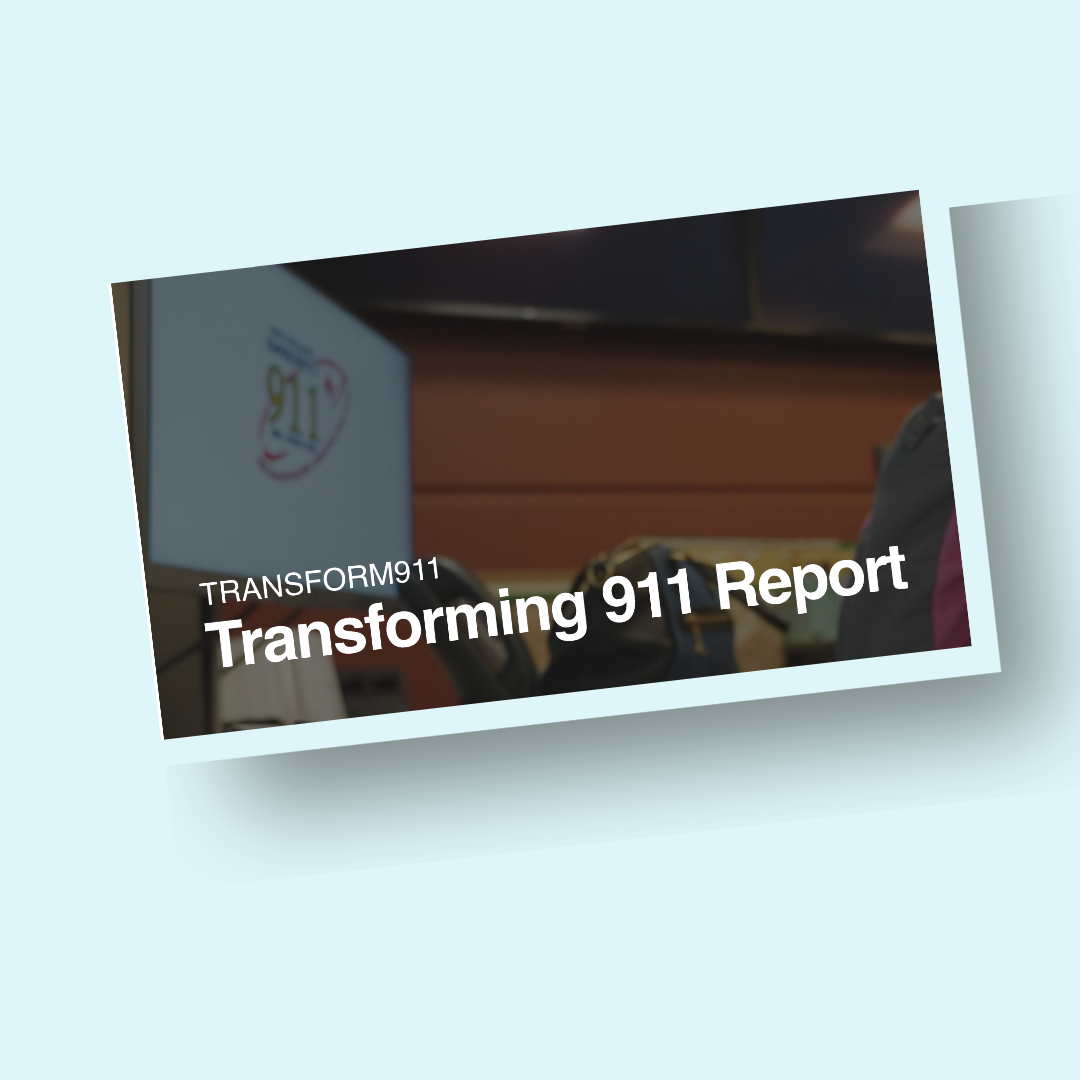
Led by our partners at the University of Chicago Health Lab, Transform911 is a national project to build a more robust and relevant public safety ecosystem that centers wellbeing for all.
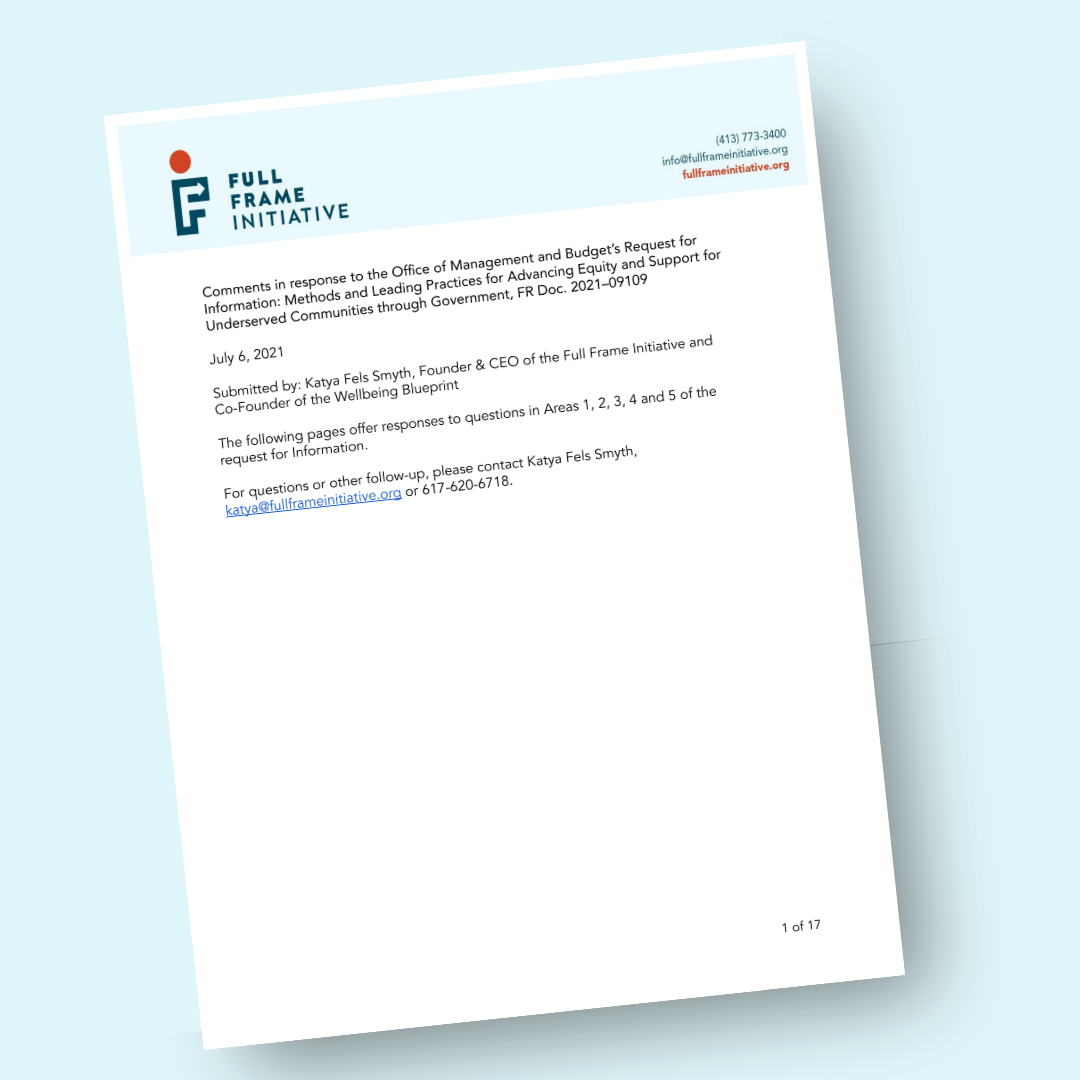
This document contains comments in response to the Office of Management and Budget's Request for Information on Methods and Leading Practices for Advancing Equity and Support for Underserved Communities through Government.
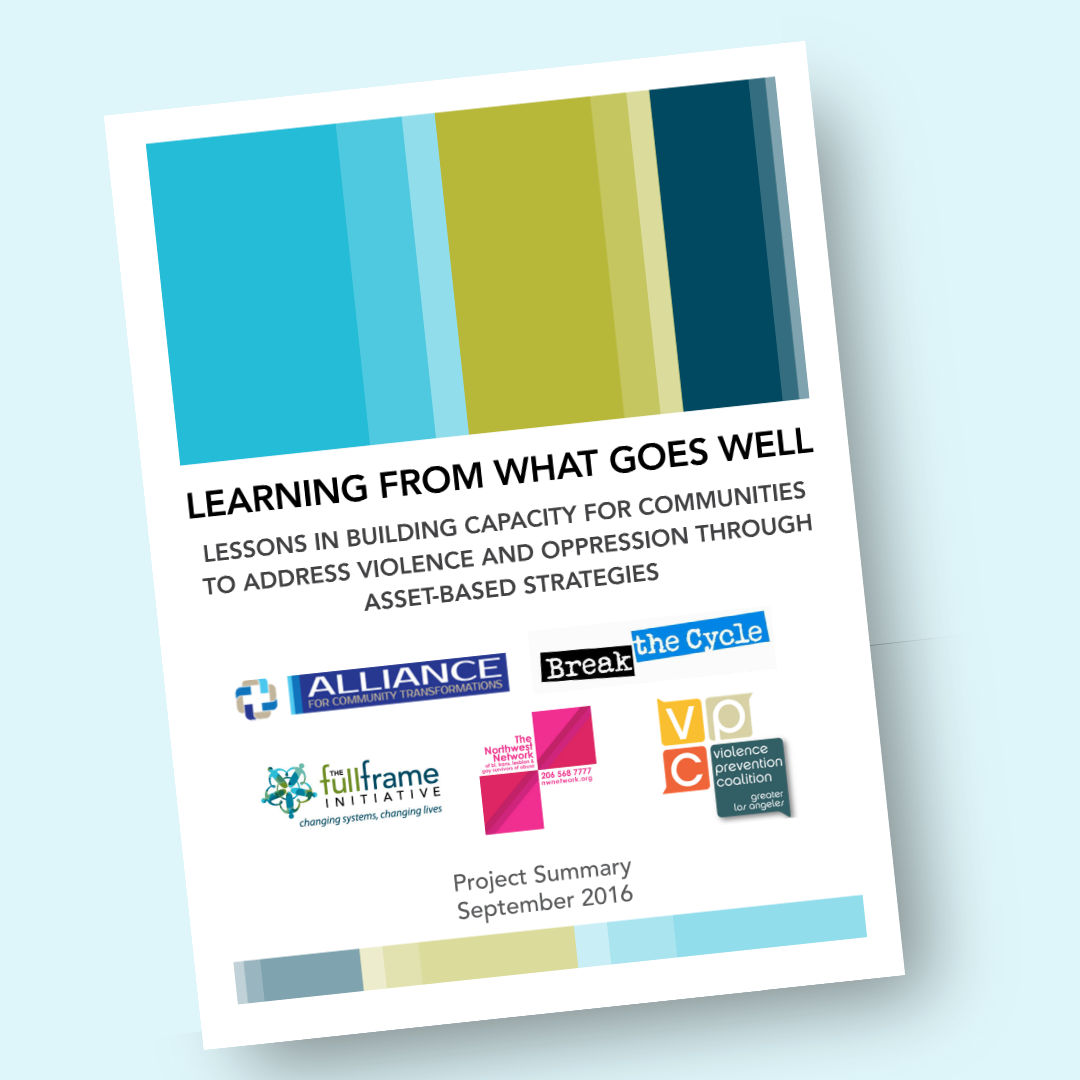
The Learning from What Goes Well (WGW) project was an 18-month, collaborative learning initiative for community teams in California to apply asset-based methodologies in their work to address domestic violence and other forms of violence and oppression.
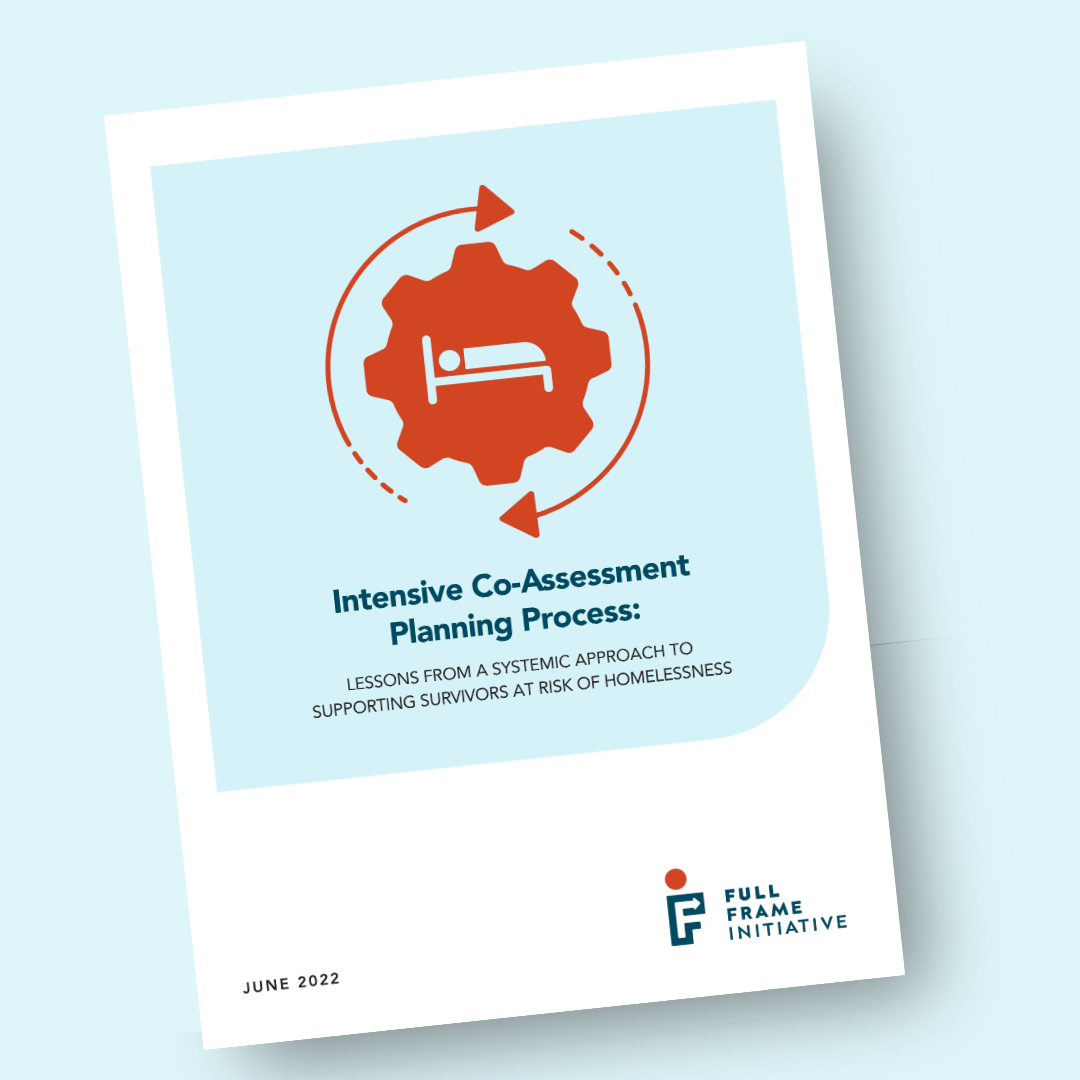
Key learnings from the Intensive Co-Assessment Planning Process (ICAPP) pilot project to address how interagency policies and practices could improve the government's response to the needs of survivors at the intersection of homelessness and sexual and domestic violence.
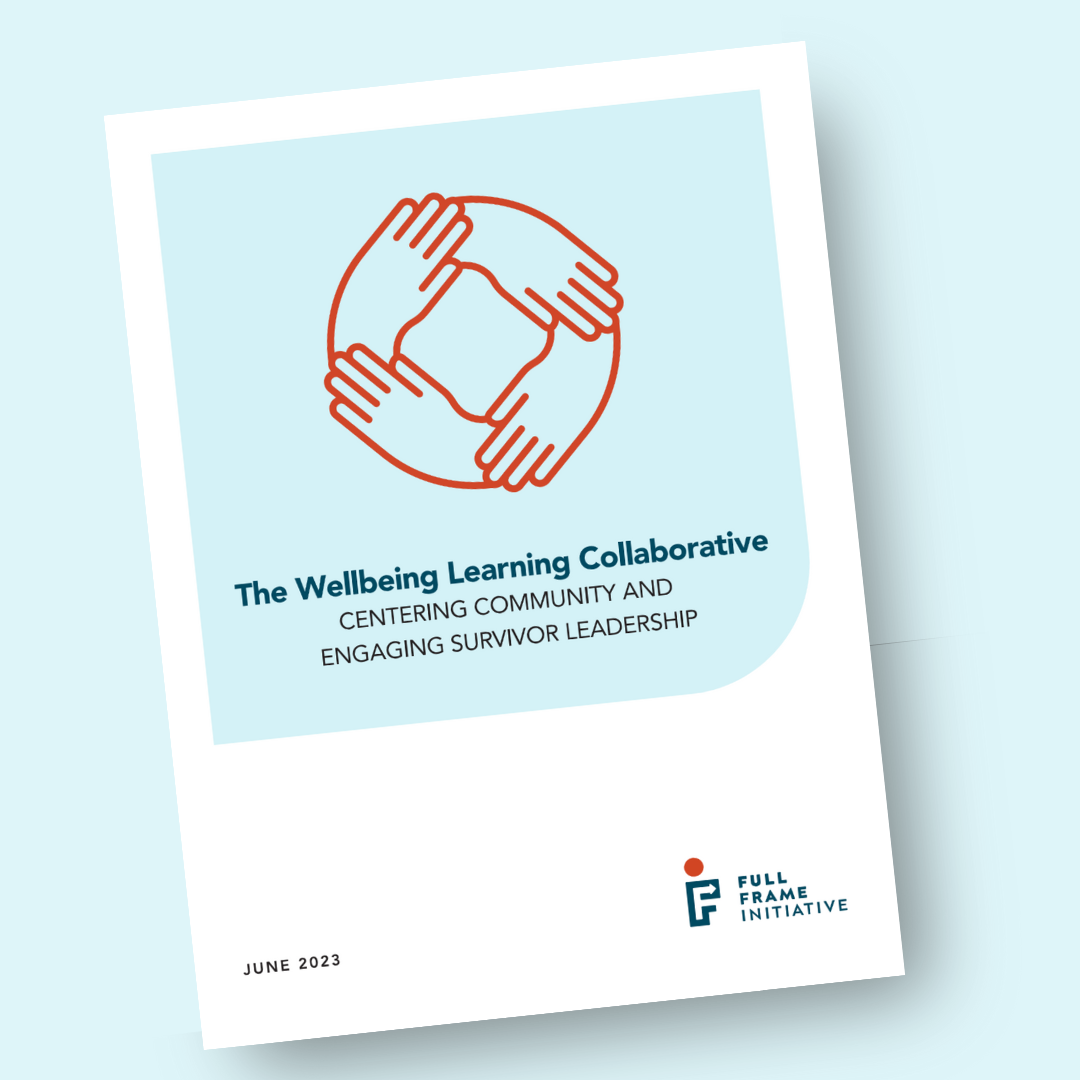
A group of organizations working in domestic violence in Massachusetts contributed to this report on centering community and engagement survivor leadership as a way to support access to wellbeing.
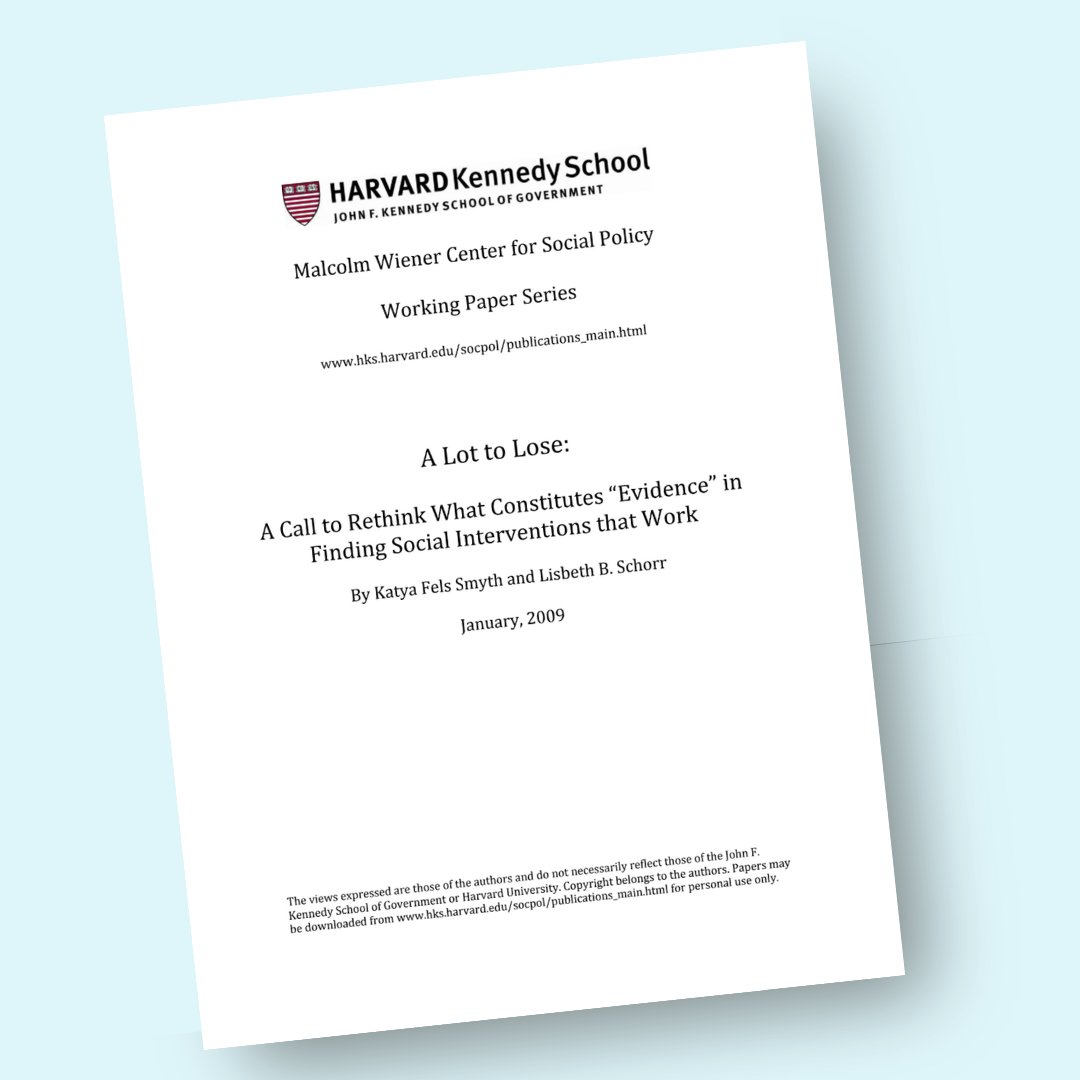
This working paper critiques the over-reliance on evidence-based models in social policy and presents alternative approaches to avoid potential harm.
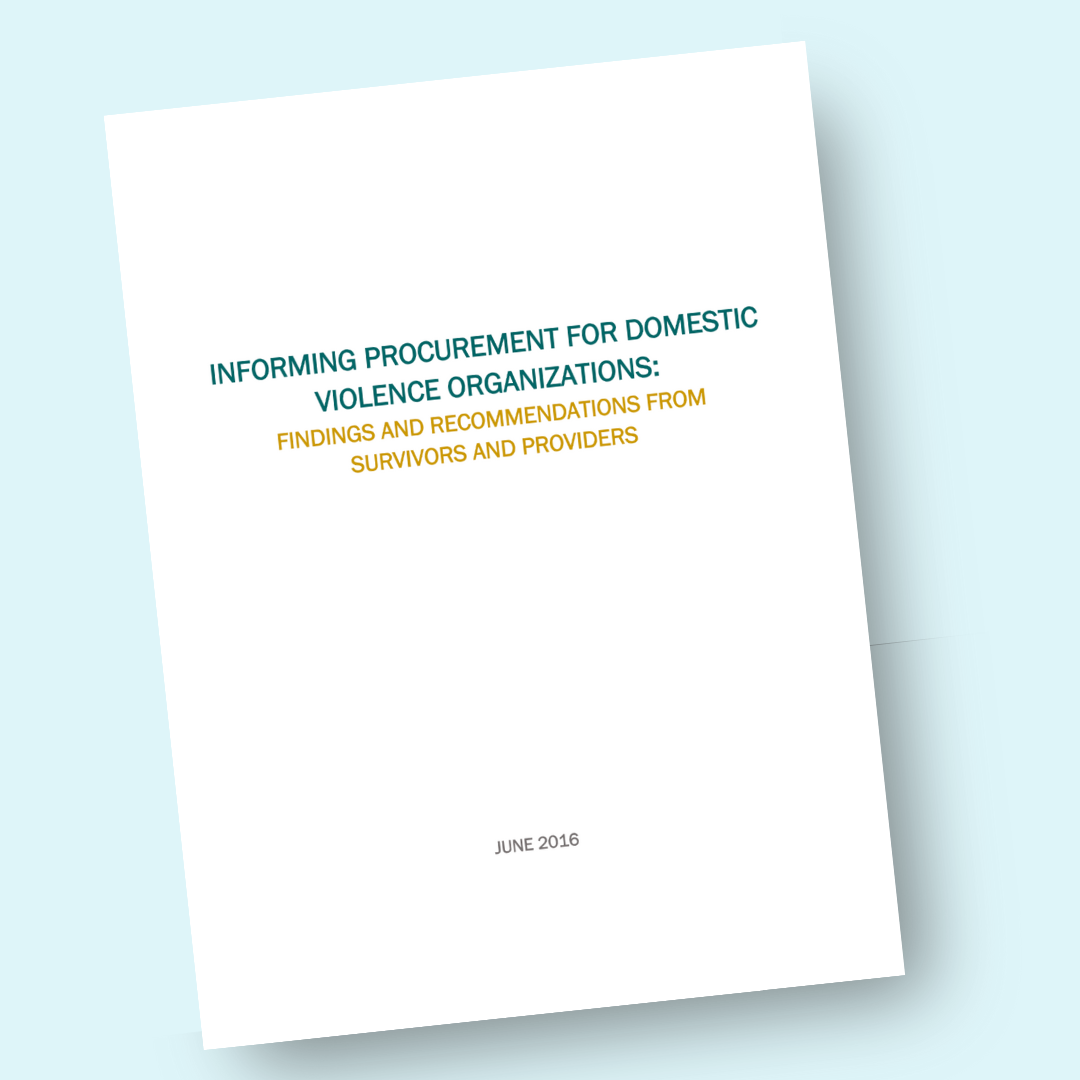
This is a report commissioned by Massachusetts Department of Children and Families that details findings and recommendations from survivors and providers to address changes in procurement for agencies addressing domestic violence and sexual assault.
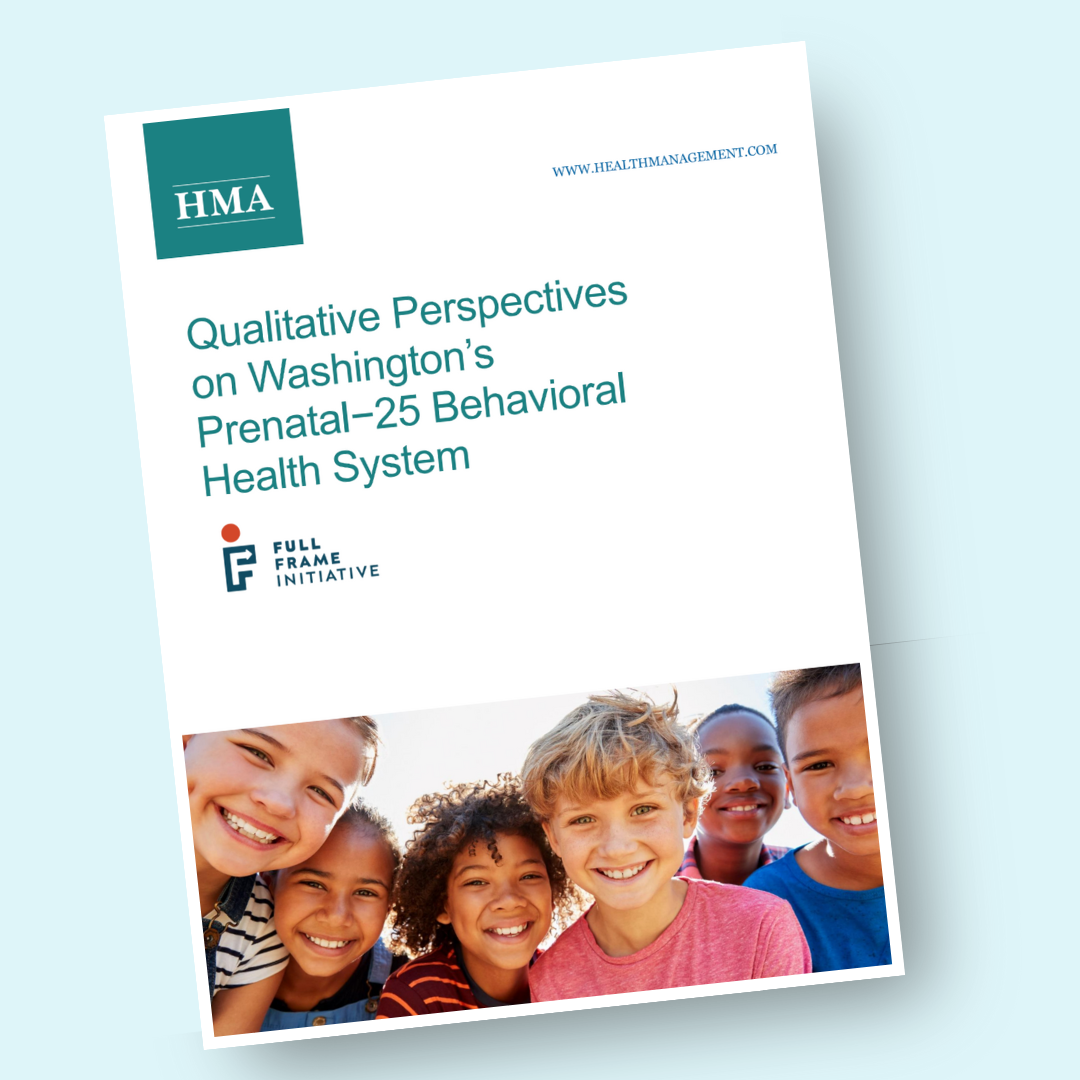
This report summarizes the Washington Thriving project, a statewide initiative to develop a strategic plan for residents from prenatal to age 25.